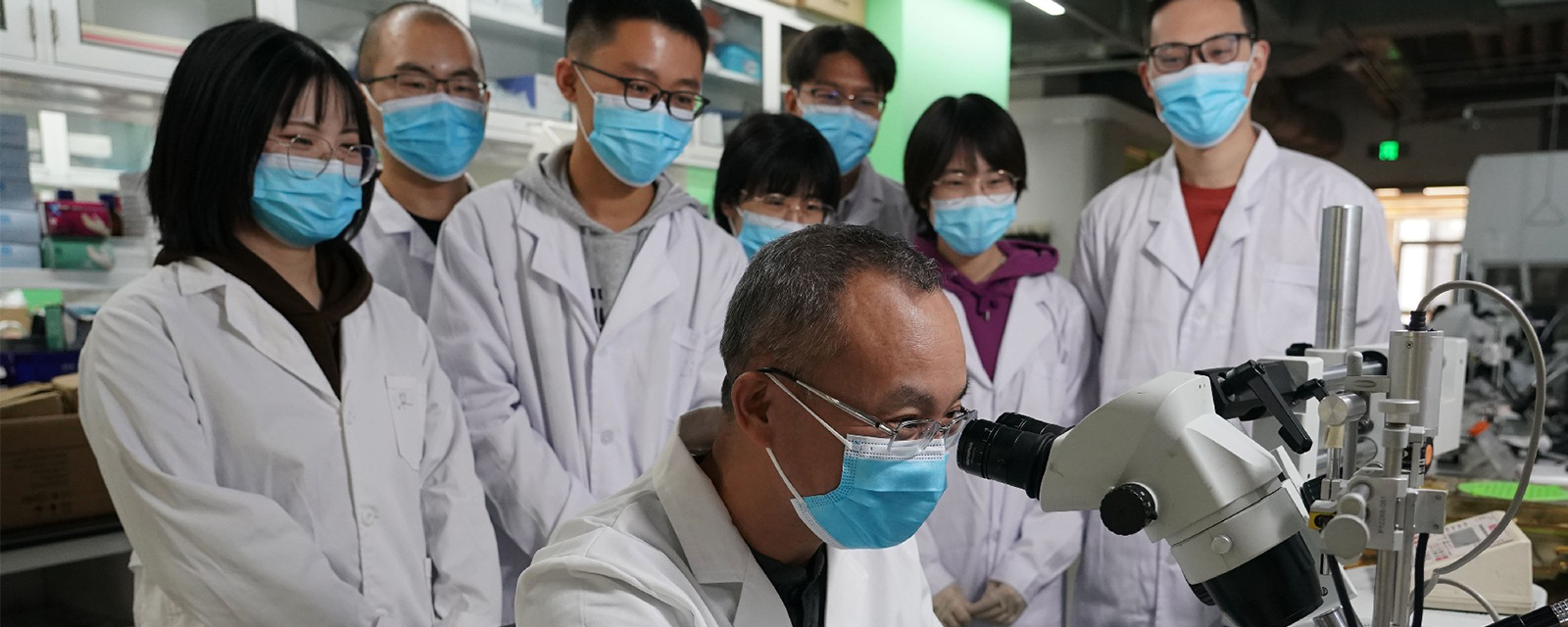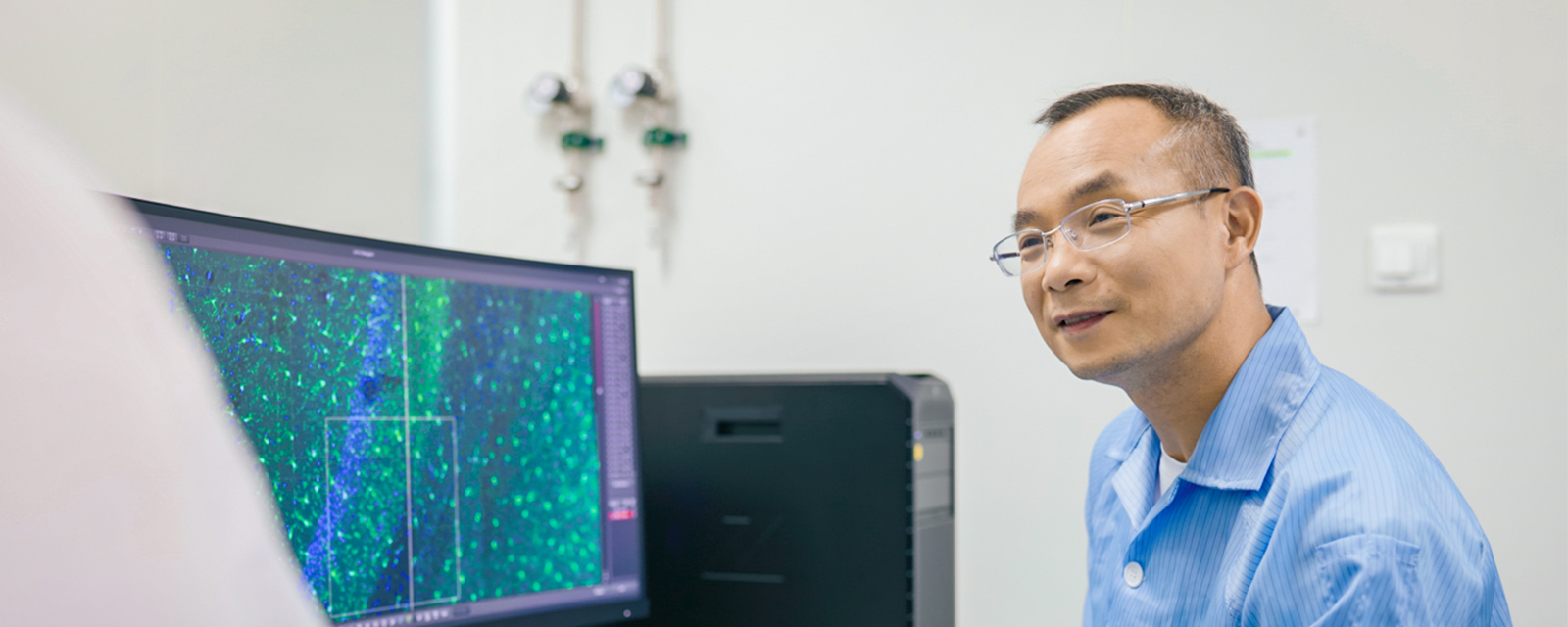Minmin LUO
Educational Experience
1995 B.S. in Psychology, Beijing University, China
1997 M.S. in Computer Science, University of Pennsylvania
2000 Ph.D. in Neuroscience, University of Pennsylvania
Professional Experience
03/2018 – present Director and Distinguished Investigator, Chinese Institute for Brain Research, Beijing (CIBR), Beijing, China
01/2013 – present Investigator, National Institute of Biological Science, Beijing (NIBS), Beijing, China
05/2010 – 12/2012 Associate Investigator, National Institute of Biological Science, Beijing (NIBS), Beijing, China
10/2005 – 04/2010 Assistant Investigator and Director of Imaging Facility, National Institute of Biological Science, Beijing (NIBS), Beijing, China
03/2009 – present Professor, School of Life Sciences, Tsinghua University (Tenured 5/2015), Beijing, China
08/2004 – 09/2005 Investigator and Laboratory Head Institute of Neuroscience, Chinese Academy of Sciences, Shanghai, China
12/1999 – 07/2004 Postdoctoral Research (Advisor: Lawrence C. Katz) Howard Hughes Medical Institute and Duke University, NC, USA
01/1997 – 12/1999 Ph.D. Thesis Research (Advisor: David J. Perkel) Department of Neuroscience, University of Pennsylvania, PA, USA
Dr. Minmin Luo, is Director and Investigator at Chinese Institute for Brain Research, Beijing(CIBR), Investigator at National Institute of Biological Science,Beijing, Beijing(NIBS), and Professor at School of Life Sciences, Tsinghua University(Tenured 5/2015). He received his B.S. in Psychology at Peking University in 1995, M.S. in Computer Science in 1997 and Ph.D. in Neuroscience in 2000 at University of Pennsylvania, then he started his Postdoctoral Research at Howard Hughes Medical Institute and Duke University, USA between 1999-2004, supervised by Lawrence C. Katz. Before he formally joined NIBS, he had been an Investigator and Laboratory Head at Institute of Neuroscience, Chinese Academy of Sciences, Shanghai.
His lab particularly focus on elucidating how neural circuit processes reward and punishment signals, particularly focus on the functions and mechanisms of the brain 5-HT neurons in the dorsal raphe and the neural pathway from the medial habenula to the interpeduncular nucleus, with integrative approaches including electrophysiology, optical imaging and optogenetics, molecular genetics, and behavioral assays, and aims to revealing the role of the associated neural circuit at the molecular, cellular, physiological, and circuit levels. And also his lab takes the advantage of whole cell patch clamp and optical imaging to determine the cellular mechanism and signal transduction pathways of drugs disturbing reward and punishment related behaviors that suggested in human mental disorders, such as depression, schizophrenia, and drug addiction, with the expectation to understand the basic neural circuits that control reward and punishment related behaviors, and also contribute to clinical treatment.
He took many important national and international programs such as programs from NSFC, MOST, and Human Frontier Science Program Young Investigator Grant. More than 70 published papers were published on Science, Cell, Neuron, Nature Methods and other top journals. He is now serving as vice president and board member of The Chinese Neuroscience Society(CNS), board member of Neuron, associate editor of Fronteriors in Neural Circuits, and was the first mainland-born SfN keynote lecture speaker. His outstanding study earned him Outstanding Young Investigator Award from NFSC, H-T Chiang Award for Outstanding Young Neuroscientists from Hsiang Tung Chang Foundation and Chinese Neuroscience Society, China Youth Science and Technology Award, Beijing Scholar, Paul Jansen & Wu Jieping Prize in Medicine, TAN Jiazhen Awards for Life Sciences Innovation, FVIL Awards Life Sciences, etc.
Phone:
Email: luominmin@cibr.ac.cn




